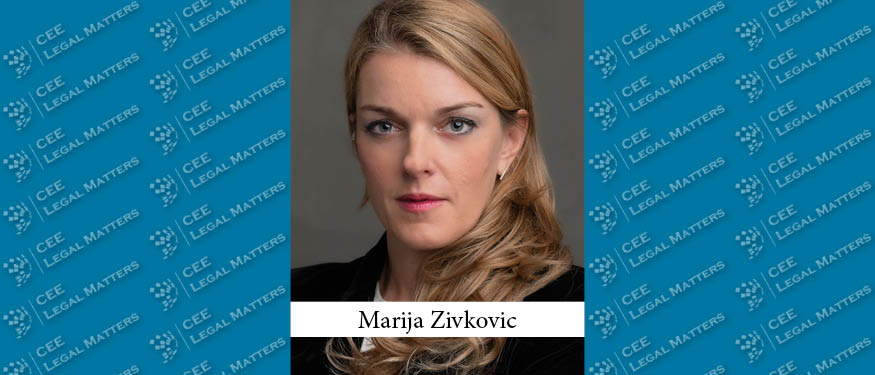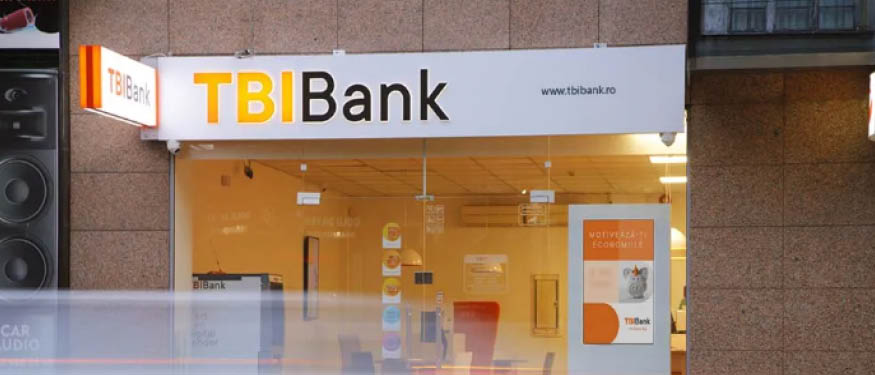The Draft Law on Mediation in the Sale and Lease of Real Estate, following public consultation in the summer of 2023, is expected to be submitted to Parliament for adoption shortly.
The proposed legislation aims to tackle the informal economy within the real estate sector while offering greater protection to market participants through clearer legal standards and safeguards against fraud and abuse.
A key innovation introduced by the draft law is the formal recognition of real estate intermediaries and agents as the only authorized entities permitted to engage in mediation services related to property sales and leases. Only registered legal entities or sole proprietors included in the official Registry of Intermediaries will be allowed to carry out these activities. Registration is also open to businesses from EU or EEA countries, provided they are lawfully established and meet the same criteria.
To qualify for registration, intermediaries must employ at least one full-time agent who has passed a professional licensing examination administered by the Chamber of Economy. This certification process ensures a basic standard of knowledge and professionalism, and is available to individuals residing in Montenegro, the EU, or EEA who hold at least a Level IV qualification under the national education framework. The exam is conducted in Montenegrin.
The draft law sets out strict penalties for non-compliance. Engaging in mediation activities without registration may result in fines of up to €20,000, while employing unlicensed agents carries penalties of up to €6,000. Moreover, all registered intermediaries will be required to hold professional liability insurance covering a minimum of €20,000 per claim and €60,000 annually.
The legislation also imposes a clear ban on conflicts of interest. Agents will not be permitted to perform similar or related services for other intermediaries or themselves without their employer’s explicit consent. Any breach of this restriction could result in liability for damages or an obligation to transfer any profits earned from such activities to the intermediary.
In addition to defining who may provide real estate mediation services, the law introduces a mandatory written or electronic mediation agreement between the intermediary and the client. This agreement will regulate the relationship between the parties, including the intermediary’s duty to seek and connect the client with third parties to negotiate and conclude a real estate transaction. The agreement must clearly state the proposed sale or lease price, inclusive of the mediation fee, and unless otherwise agreed, it will be valid for six months.
The draft also anticipates more complex commercial arrangements by permitting the intermediary to transfer some or all of their contractual obligations to another licensed intermediary through a sub-mediation agreement, with the prior written consent of the client.
Intermediaries will be expected to conduct due diligence on all relevant property documentation and notify clients of any deficiencies. Their role also includes marketing the property, facilitating viewings, and participating in negotiations. With the client’s authorization, intermediaries may conclude agreements on the client’s behalf and receive funds through a dedicated escrow account that cannot be subject to enforcement measures against the intermediary.
The right to a mediation fee typically arises upon the successful conclusion of a transaction, but intermediaries may also claim compensation if, within nine months of contract termination, the client concludes a deal with a third party as a result of the intermediary’s prior efforts.
Finally, in the interest of transparency and consumer protection, intermediaries will be required to publish general terms of business. These must outline the amount or method for calculating the mediation fee, the services provided, and any additional charges. These terms must be made available both at the intermediary’s premises and on their website.
The introduction of this law is both timely and necessary. Its full implementation promises to bring much-needed structure to the Montenegrin real estate market, improving trust and legal certainty for buyers, sellers, and investors alike. At our law office, we are closely monitoring the legislative process and remain available to provide legal advice or representation to clients navigating the changing real estate regulatory landscape in Montenegro.
By Marija Zivkovic, Partner, JPM Montenegro
















